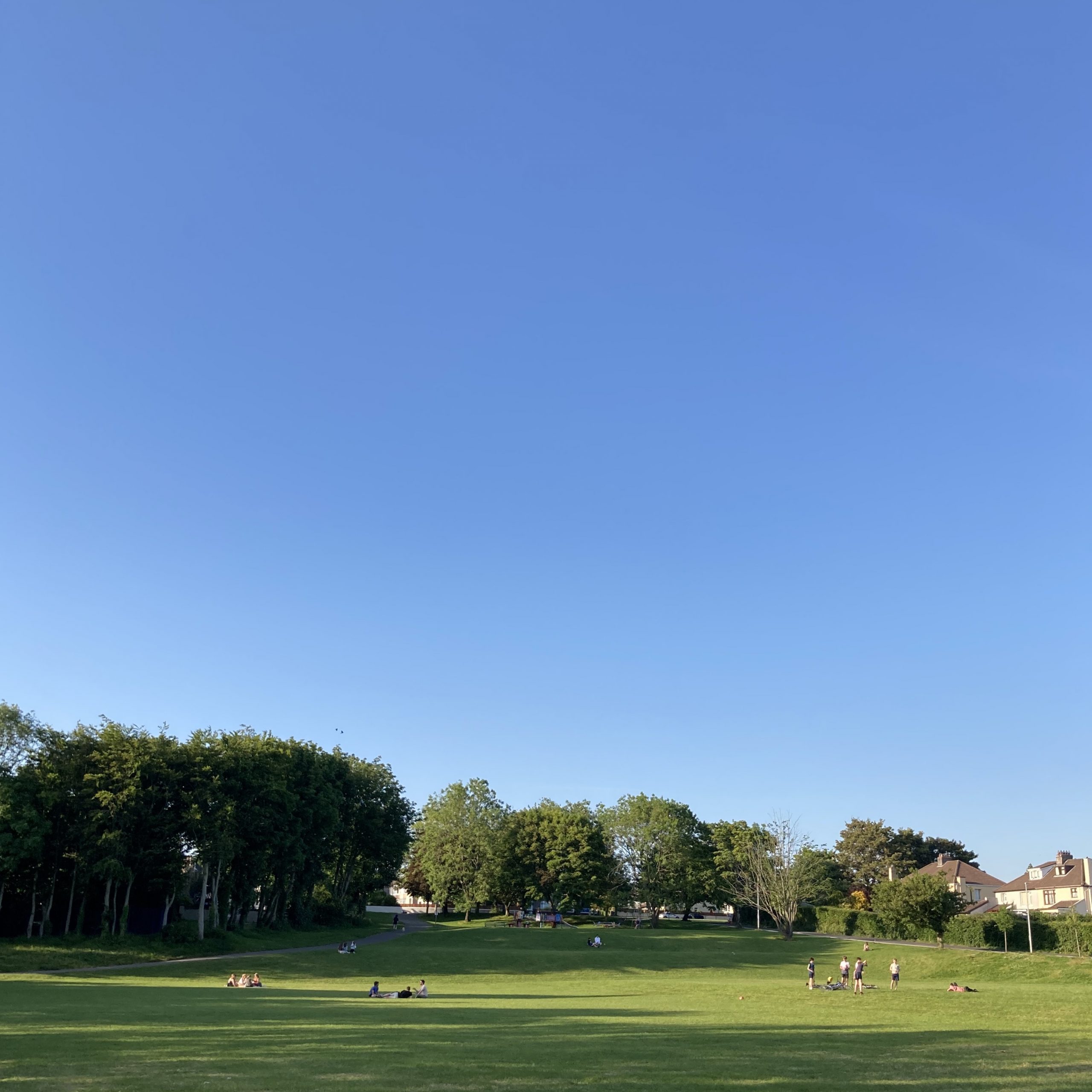You’re Allowed to Make Mistakes

Often enough these posts can seem like lectures, like I’m giving out about people and telling whoever is reading how to live. I know it can be taken in that way sometimes. I know it comes across like I think I know better, or even that I do better. But I don’t know better or do better. Most of time when these posts seem like I’m giving out, it’s because I’m giving out to myself. These posts talk about how to deal with mental health struggles, how to see the forest for the tree. A lot of the advice I write here is advice I need and could do with taking myself. A lot of the time the advice I suggest to you is the exact same advice I choose to ignore.
We now live in an age of infallibility. We live in a space where you’re not allowed to mess up, to make a mistake. But we are infallible and we do make mistakes. There’s nothing inherently terrible about making a mistake so long as you learn from it. But these days it seems that you can’t put one foot out of line without the mob coming for you.
It’s very easy to tell others how they’re doing things wrong, or being immoral. We all have the ability to do that. We all call out bad behaviour in other people. What’s more difficult and less common is having the ability to address our own flaws. This is because we often contextualise our own mistakes. We justify bad behaviour in ourselves with confirmation biases, and a sentiment that allows us to believe that “this behaviour is okay when we do it because we are good people.” It’s a slippery slope.
On top of that, we fail to contextualise the mistakes that others make. We’re less likely to appeal to the character and situational factors of other people. Instead, we simply equate bad behaviour to being a bad person. This is wrong too. If you behave the same way as another person, but you justify your actions as being okay, and their behaviour is seen as somehow worse than what you did, then you you’re working on the basis of a bias.
Of course, it’s completely natural to skew the world to your own advantage. After all, you are the single most important facet of your own life, so taking any advantage where you can get it makes sense. But it doesn’t make sense to understand a behaviour to be incorrect when others do it, and then see it as fine when you do it yourself. You’re wading into a lake of cognitive dissonance with that thought-pattern, and it’s not a very safe place to be, mentally.
As I said, mistakes are fine. Mistakes are needed. But you can’t continue to make the same mistakes and not learn from them, because at a point they stop becoming mistakes and they start to become your general behaviour, and that’s an issue.
Often when we make mistakes, we don’t even see them to be mistakes at all. It’s only when you reflect, and are truly honest with yourself, that you might see an error in the way you were behaving. And that alone can be a tough thing to face up to, but if you do it and learn, I do believe it makes you a better person. And sure, isn’t that what we’re all trying to do at the end of the day?
Drink water,
